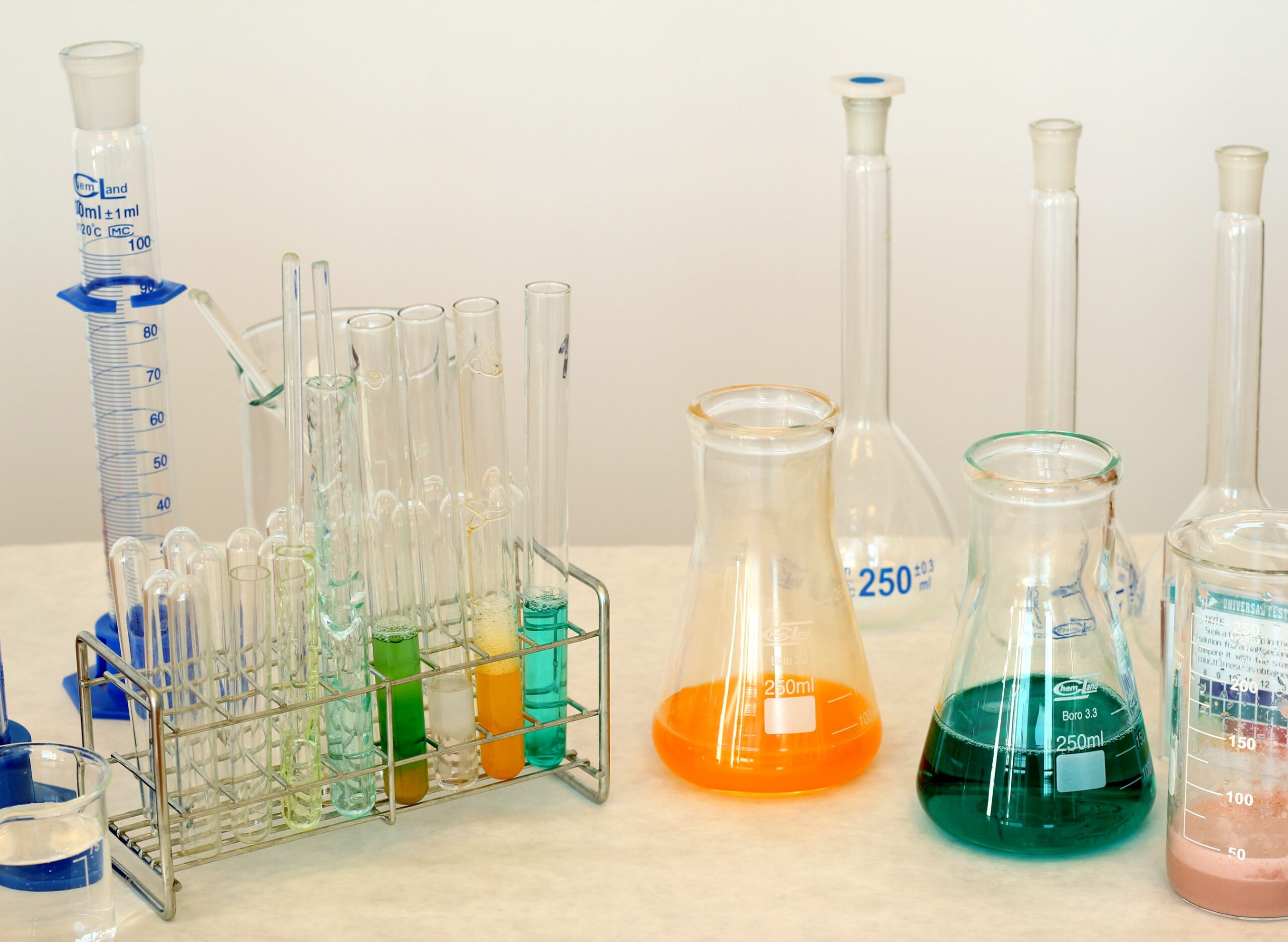The Oeko Institut has opened a consultation period for seven new substances and substance groups being considered for the EU Restriction of Hazardous Substances (RoHS) Annex II list of restricted substances. Stakeholders are able to publicly comment on the proposal until June 15, 2018.
This first stakeholder consultation aims to collect information on the seven substances. The substances include:
- Diantimony trioxide
- Tetrabromobisphenol A (TBBP-A)
- Indium phosphide
- Medium Chain Chlorinated paraffins (MCCPs)
- Beryllium and its compounds
- Nickel sulphate and nickel sulfamate
- Cobalt dichloride and cobalt sulphate
The Oeko Institut is partnering with the Fraunhofer Institute for Reliability and Microintegration to enhance the consultation period with a “Study on the review of the list of restricted substances and to assess a new exemption request under RoHS 2 – Pack 15.” The study will commence in the following cadence:
- Part 1: Substance Review
- Task 1: Substance methodology update
- Task 2: Assessment of seven substances
- Task 3: Substance inventory: Quantitative usage data, prioritization
- Part 2: Exemption Evaluation
- Task 4: Exemption evaluation methodology update
- Task 5: Evaluation of one exemption
Assent Compliance can help your company respond to any product compliance requirement. Read our Platform Guide to learn more.
Companies can participate in this process proactively by assessing their products for the substances under review. If your products contain these substances, you may want to get a head start on understanding thresholds in the event that a restriction could have an impact.
You can also participate in the consultation and provide comments on your company’s use of the substances, and any issues that could arise should they be restricted. Companies can join an industry consortium to add more authority to their concerns throughout the commenting process.
Any public comments submitted during the consultation will be posted on the EU Communication and Information Resource Centre for Administrations, Business and Citizens website to allow any interested parties to follow the progress.
How a Third Party Can Help
Updates to product compliance regulations can put a heavy workload on compliance officers and drive up compliance costs. If even one substance is added to the RoHS Annex II list of regulated substances, companies that handle their RoHS requirements internally will need to:
- Review all bills of materials.
- Obtain new supplier contacts.
- Create a request template/data repository.
- Email a data request to supplier contacts.
- Educate suppliers on their new requirements.
- Follow up on invalid responses and non-communicative suppliers.
- Review collected data.
- Roll up supplier data to product.
Working with a third party like Assent can enable you to anticipate any updates to regulations your company may be in scope of and quickly deploy campaigns to determine substance data for your products. The Assent Compliance Platform employs data validation algorithms to uncover invalid responses and alert you to non-responsive suppliers, while providing a secure, centralized database to store all of your compliance data.
For more information about how Assent can help your company respond to RoHS substance list updates with efficiency, contact our experts today.









